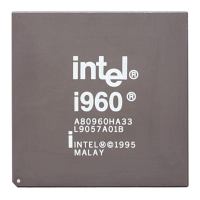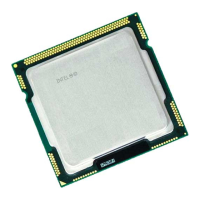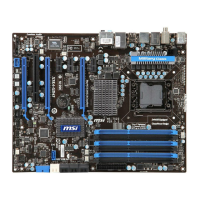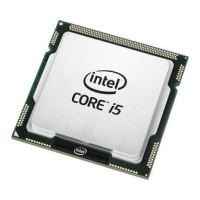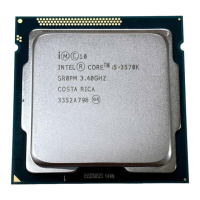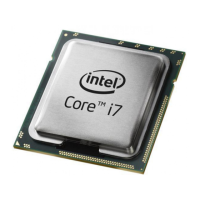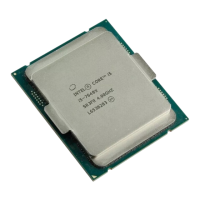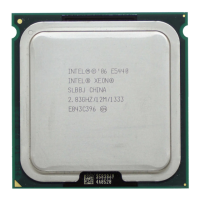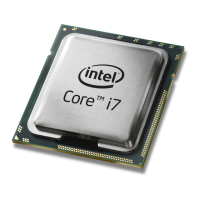gcc960 / ic960 Compatibility
8-1
8
This chapter describes the incompatibilities between ic960 and gcc960,
and between the current release of gcc960 and other releases of ic960.
char and short Parameters
The ic960 R3.0 compiler expects char and short parameters and return
values to be clean upon entry to and exit from procedures. Since these
types are passed and returned in registers, this means that, in the case of
signed types, the sign bit must be extended, and in the case of unsigned
types, the high-order bits of the register must be zero. By default, gcc960
(and ic960 R4.5 and later) does not expect these values to be clean, and
generates appropriate operations to sign- or zero-extend these values on
entry to or exit from a procedure. This applies only to ANSI-compliant
programs that specify the type of parameters at declaration time in the
function prototype.
gcc960 emulates ic960 R3.0's behavior if the
mic3.0-compat or
mic2.0-compat options (see below) are selected.
enum Variable Byte Count
The ic960 R3.0 compiler creates enum variables with only enough bytes of
precision to hold the requested enumeration. gcc960 always generates
4-byte
enum variables. gcc960 emulates ic960's behavior if the
mic3.0-compat option is selected. An enum variable compatible with
ic960 releases prior to R3.0 can be achieved using the
mic2.0-compat
option.

